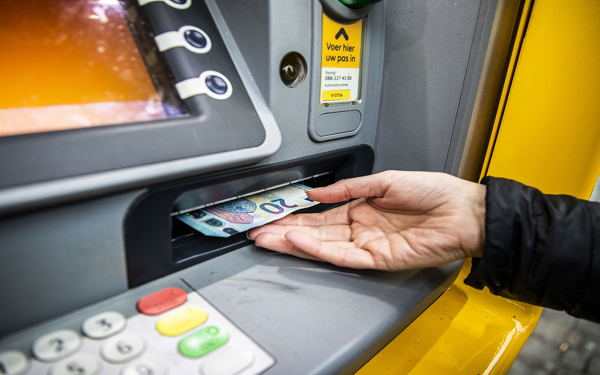Non-routine payment affairs are the most challenging
Actions that are not performed on a daily basis, such as opening a bank account, installing a mobile banking app on a smartphone or applying for a new debit card, prove challenging for many people. The same goes for online banking. Far fewer people struggle with everyday payments, for example at the supermarket checkout.
People experience different payment barriers
Several issues emerged from interviews we held with more than 200 people. Some examples include: having difficulty operating devices such as ATMs, POS terminals and smartphones, understanding texts and instructions, remembering codes and meeting time limits for specific actions.
Not being self-reliant causes frustration and embarrassment
People who depend on others for their banking affairs are greatly inconvenienced by the various payment barriers they experience. Their dependency causes them to feel embarrassed, stressed, frustrated or inferior. Some have difficulty accepting they are forced to rely on others. A smaller group of people resign to their lack of autonomy.
People propose different solutions
The people we interviewed come up with different solutions. For instance, they say they would particularly benefit if non-digital payment options were preserved and improved. They also told us they value personal contact with their bank and wish to know more about existing initiatives that can help them manage their banking affairs, such as service points. Technology can be used in a smarter way to make digital payments simpler and tailor them to users. Examples include using speech and voice recognition for people who struggle to speak or read Dutch or have difficulty operating devices, applying biometrics – e.g. facial recognition or fingerprint scans – to make logging in easier, and adding an option that gives users more time to complete specific actions.
Want to know more?
Read more about the various categories of people struggling to find their way in the world of digital payments and the possible solutions they suggest:




